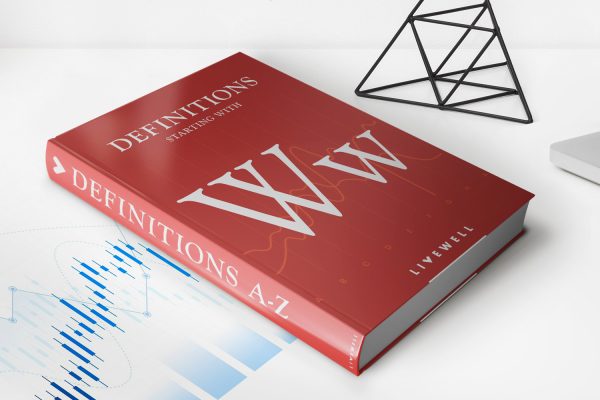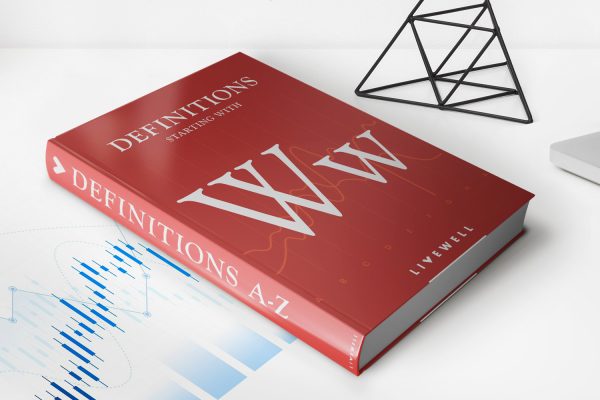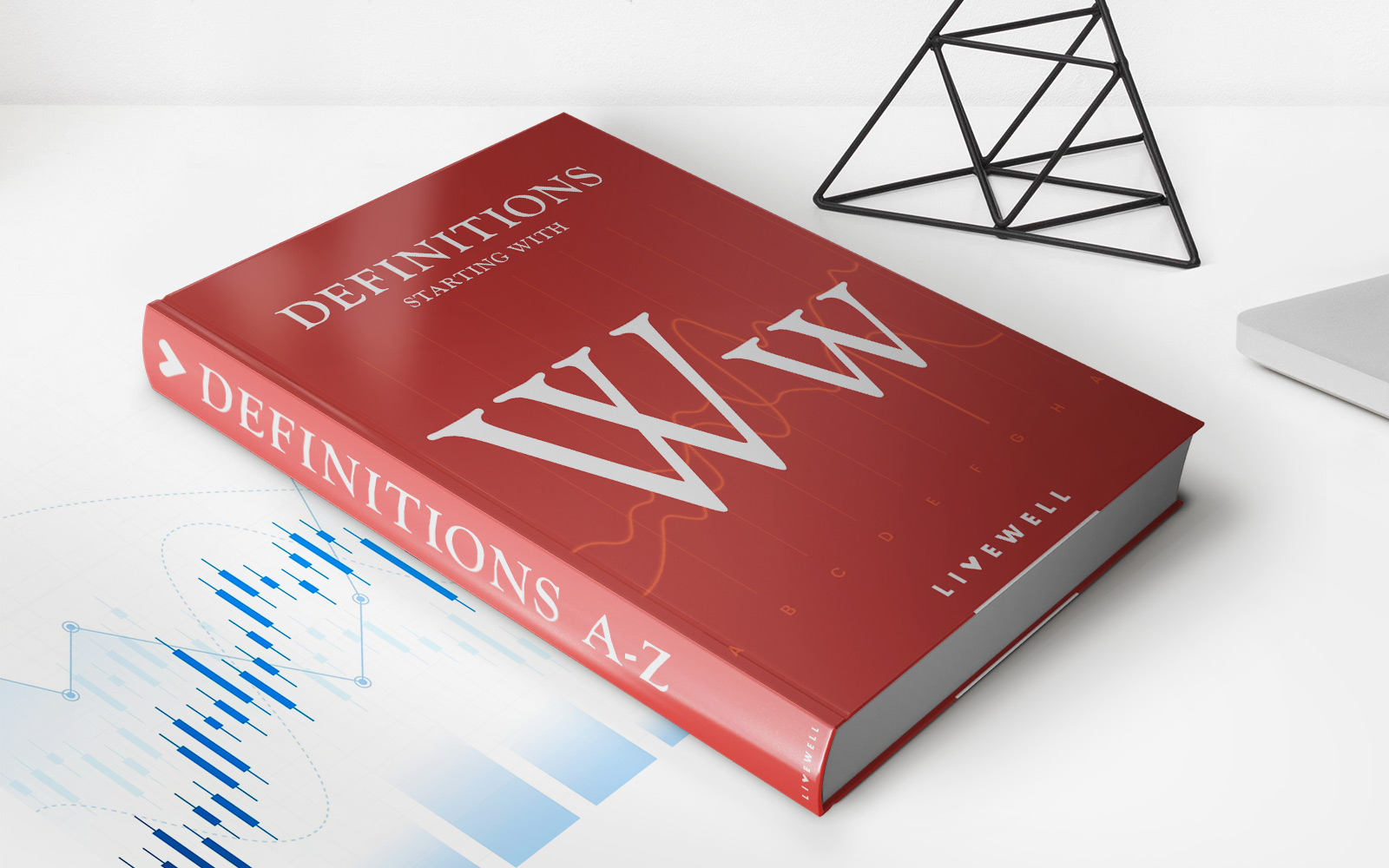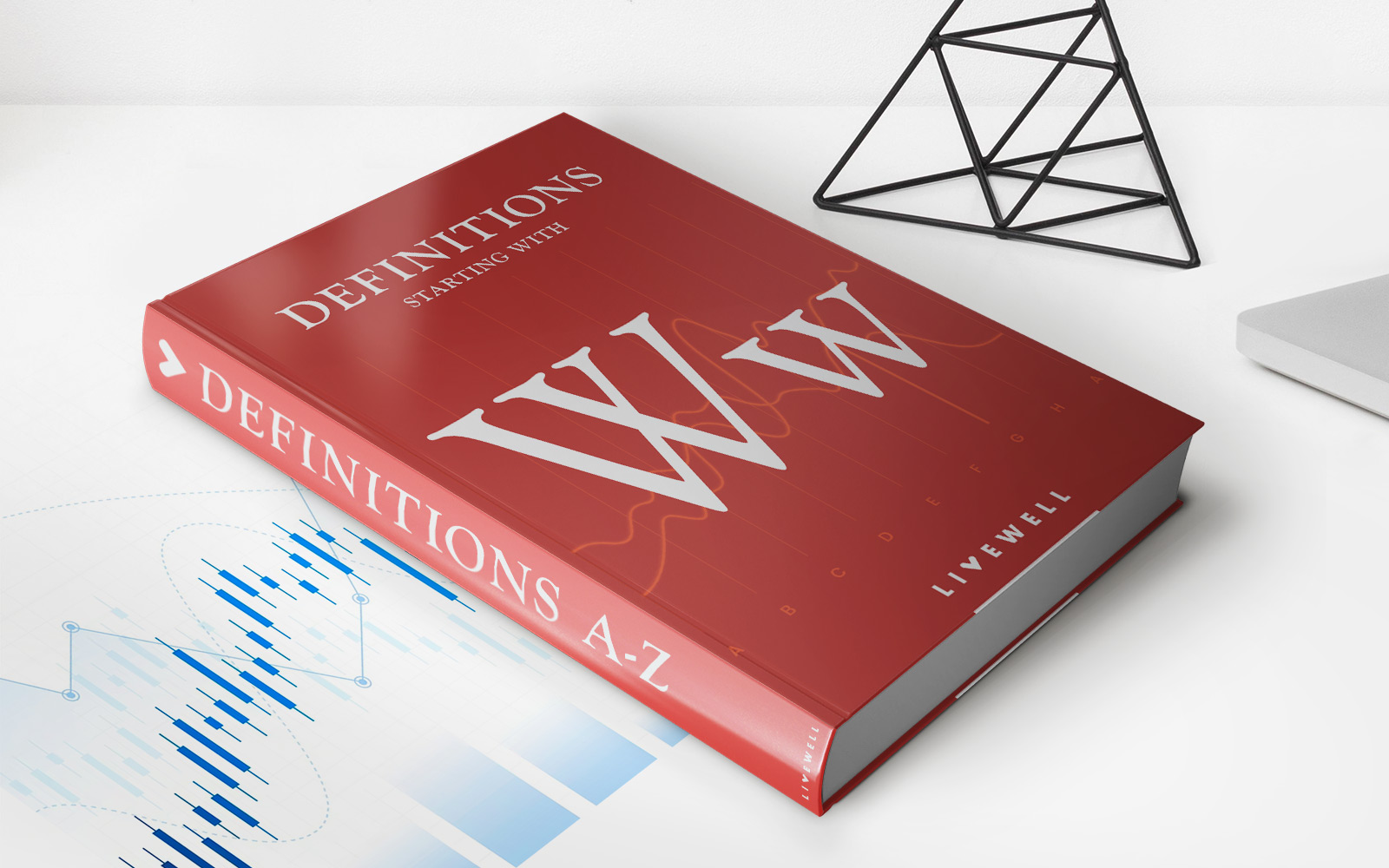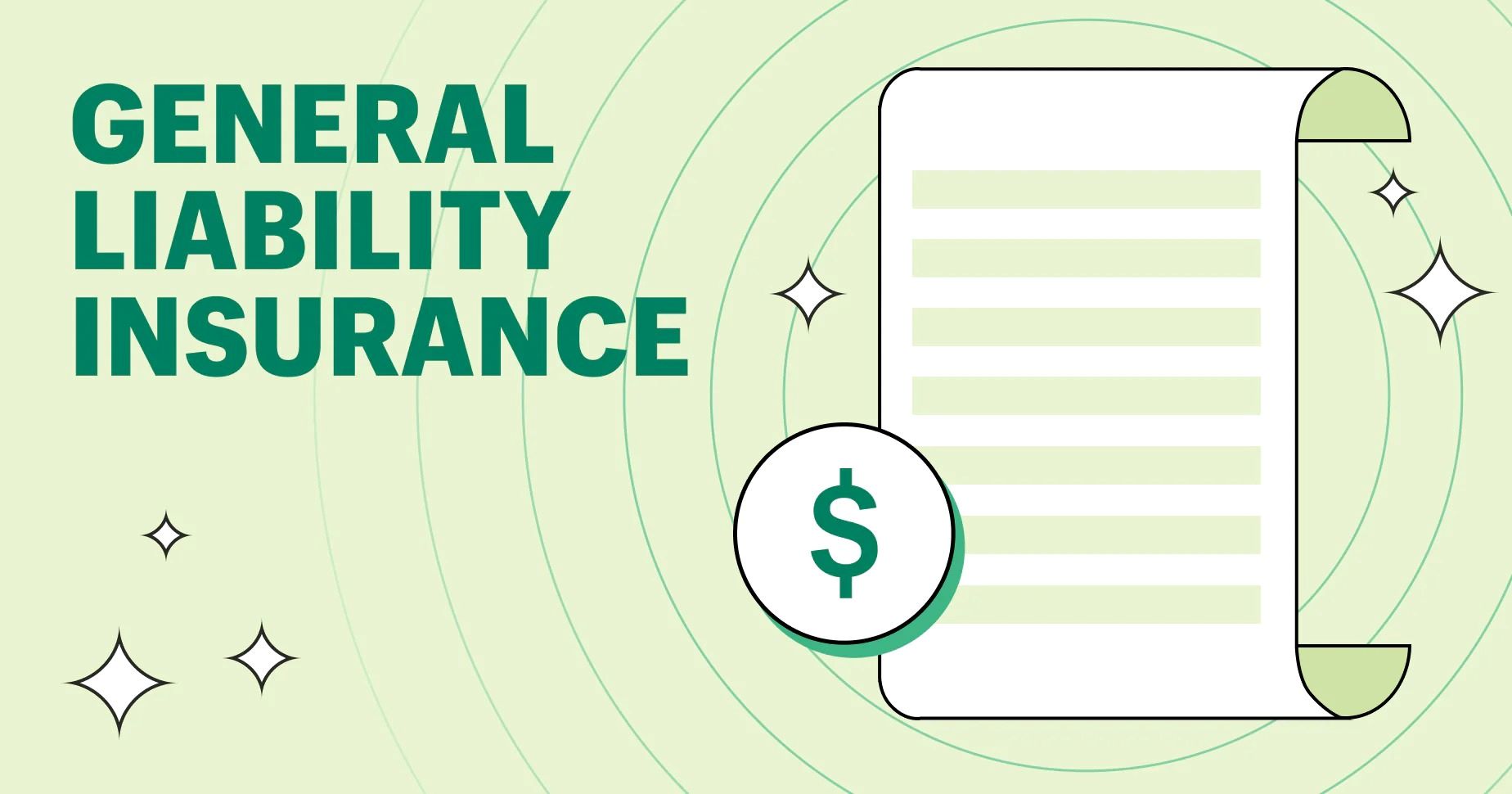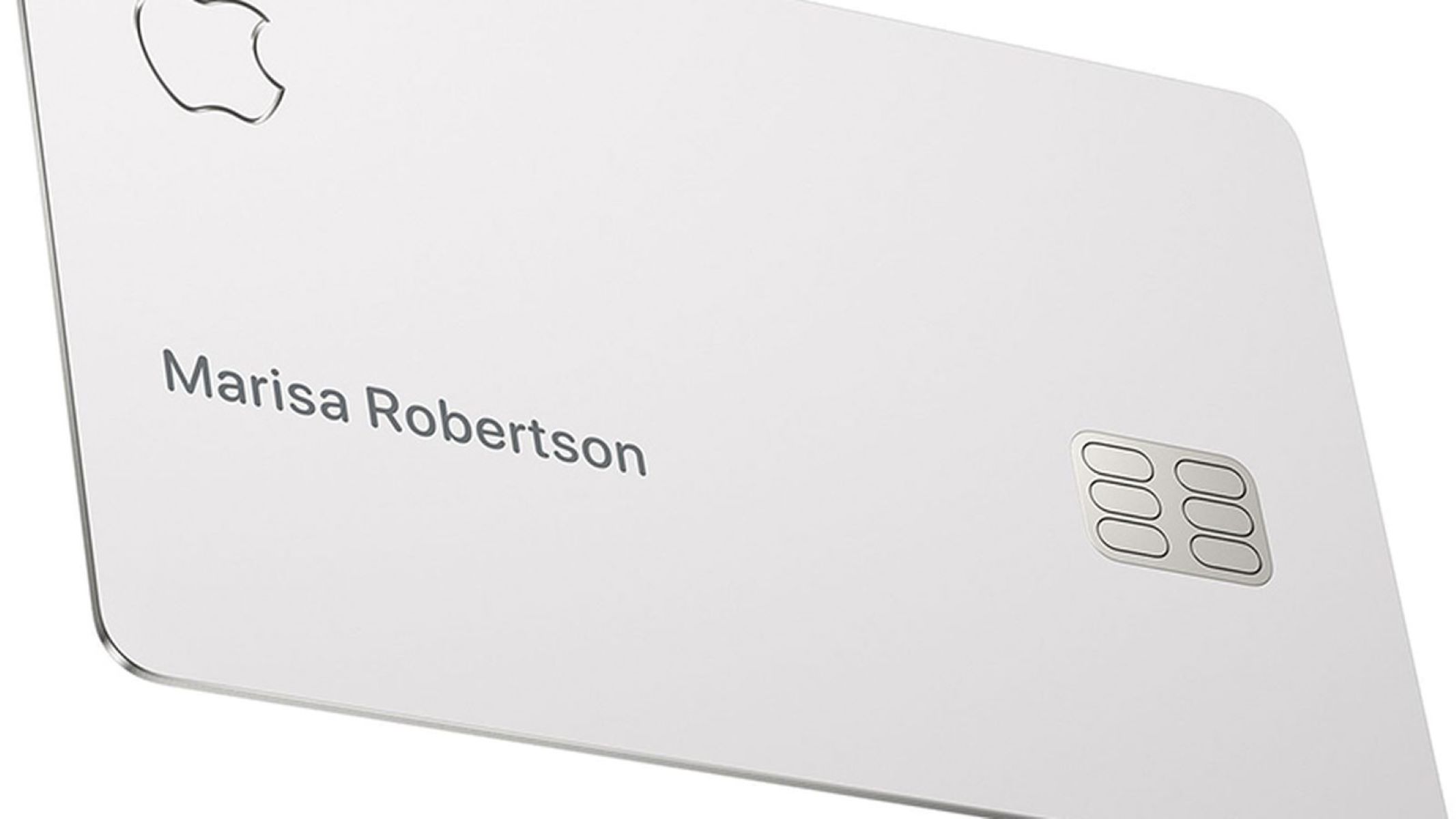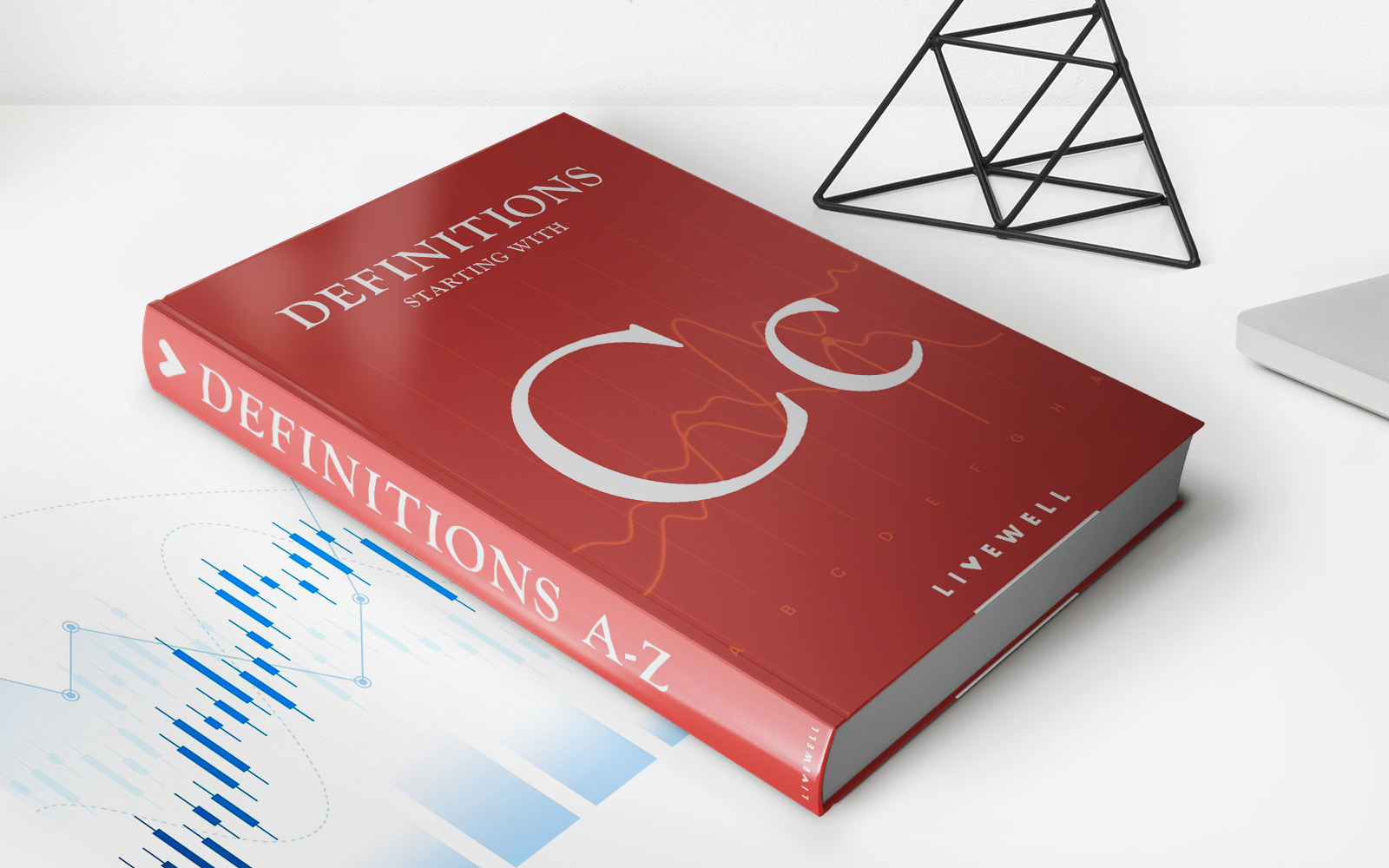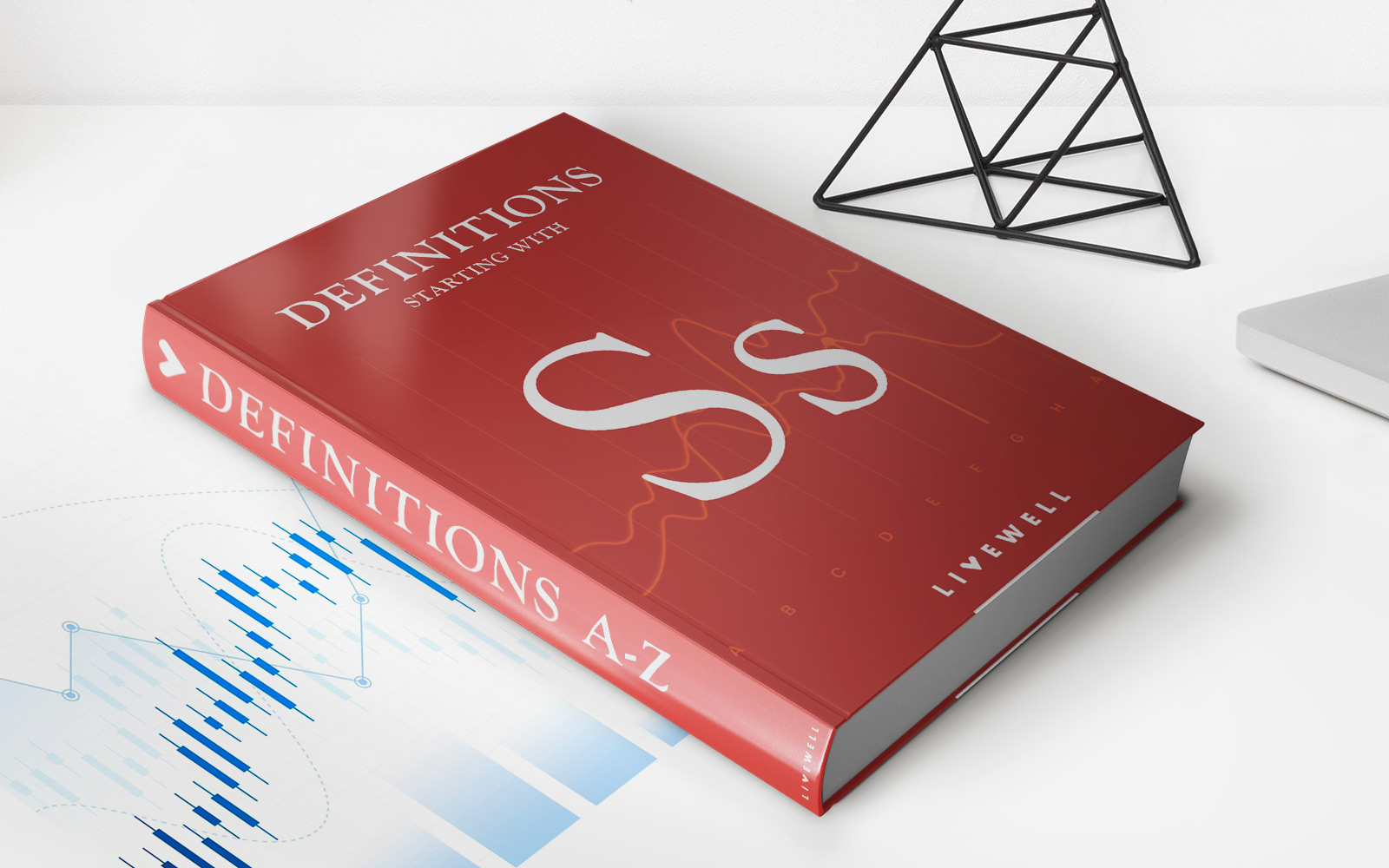Home>Finance>What Is A Collision Damage Waiver (CDW)? Definition And Coverage
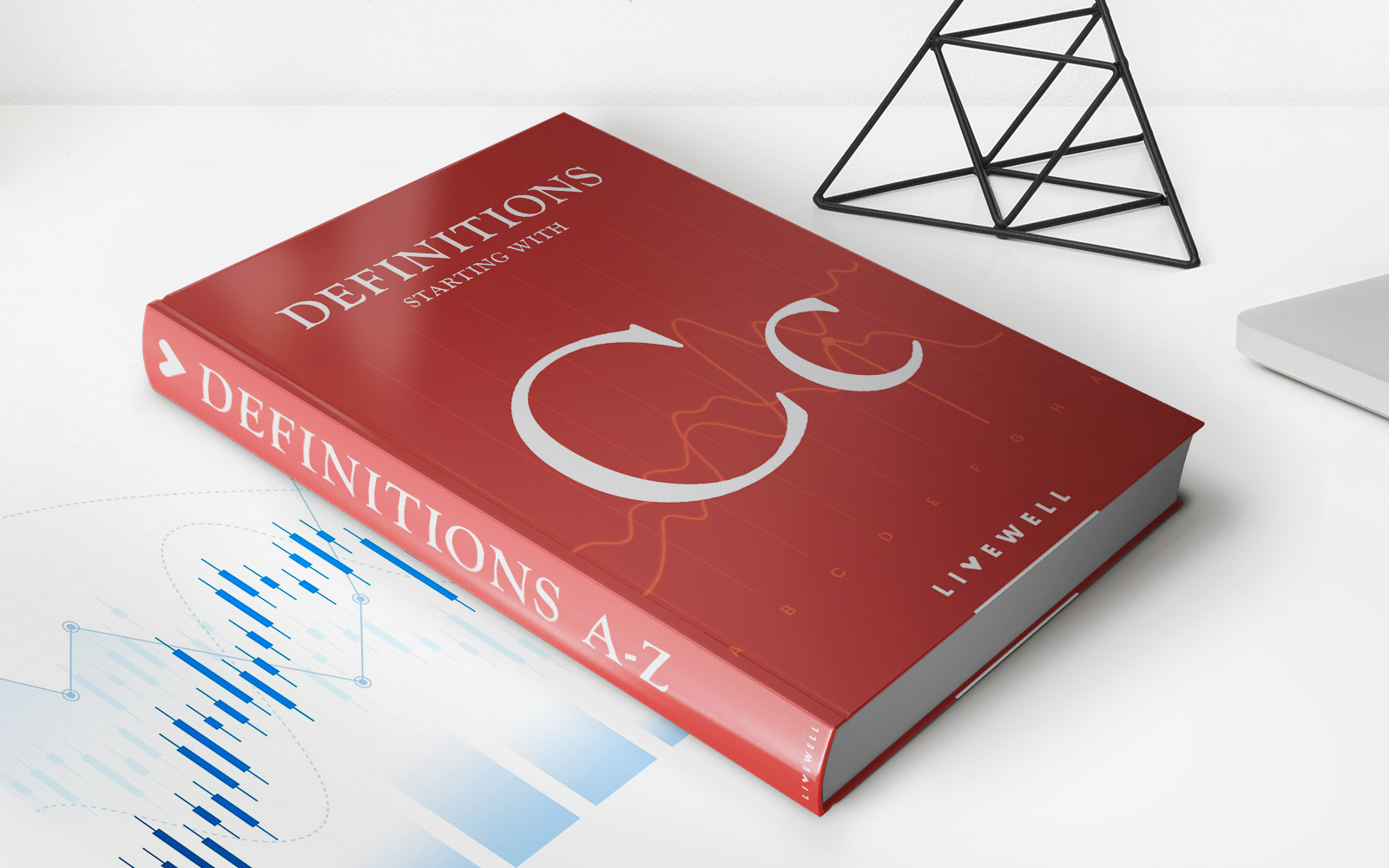

Finance
What Is A Collision Damage Waiver (CDW)? Definition And Coverage
Published: October 29, 2023
Learn the definition and coverage of a Collision Damage Waiver (CDW) in finance. Protect your vehicle and financial investment with this essential coverage.
(Many of the links in this article redirect to a specific reviewed product. Your purchase of these products through affiliate links helps to generate commission for LiveWell, at no extra cost. Learn more)
What Is a Collision Damage Waiver (CDW)? Definition and Coverage
Welcome to the Finance category of our blog! In this post, we will dive into the topic of Collision Damage Waiver (CDW) and help you understand its definition and coverage. Whether you are a seasoned traveler or planning your next road trip, knowing about CDW can save you from potential headaches and unexpected expenses.
Key Takeaways:
- A Collision Damage Waiver (CDW) is an optional insurance coverage offered by rental car companies to protect you against the costs of damages to the rental vehicle.
- It is important to note that a CDW is not insurance, but rather a waiver of the rental company’s right to collect for damages.
Now, let’s dive into the details. When you rent a car, the rental company will typically offer you different types of insurance coverages to protect yourself and the vehicle. One of these options is the Collision Damage Waiver or CDW, which is designed to relieve you of financial responsibility if the rental car is damaged while it is in your possession.
A CDW is not technically an insurance policy, but rather a contractual provision that waives the rental company’s right to collect for damages to the vehicle. It limits your financial liability by shifting the responsibility for the cost of repairs to the rental company. In case of an accident, the CDW will generally cover damages resulting from a collision with another vehicle, objects, fire, vandalism, and theft.
It is important to understand that a CDW may not cover certain types of damages, such as tire or windshield damage, damage caused by driving under the influence, or damage resulting from off-road driving. It’s crucial to review the terms and conditions of your CDW carefully to know exactly what is covered and any exclusions that may apply.
Now, you might be wondering if it’s worth purchasing a Collision Damage Waiver? Here are a few factors to consider:
- If you already have auto insurance or other coverage for rental cars, your existing policy may provide some level of protection, reducing the need for a CDW.
- If you are renting a car in a foreign country and are unfamiliar with local traffic rules and driving conditions, a CDW can provide peace of mind and protection against potential accidents.
- If you are renting an expensive or luxury vehicle, the cost of repairing or replacing it in case of damage can be substantial. In such cases, a CDW can mitigate your financial risk.
Before making a decision, it’s advisable to evaluate your personal circumstances, the potential risks involved, and any existing coverage you may have. It’s also a good idea to familiarize yourself with the specific terms and conditions of the CDW offered by the rental company.
In conclusion, a Collision Damage Waiver (CDW) is a contractual provision offered by rental car companies to protect you against the costs of damages to the rental vehicle. It offers financial peace of mind by shifting the responsibility for repairs to the rental company, subject to certain terms and conditions. Understanding the coverage and considering your personal circumstances is crucial in determining whether purchasing a CDW is the right choice for your next car rental.

